Every bet is an equation with variables, where the company always sets its own profit parameters. What is the casino edge? It’s a mathematical mechanism built into every game. The player sees chips, bets, and excitement, and the operator sees percentages, limits, and guaranteed long-term returns. Without understanding this parameter, participation becomes a game against an invisible opponent.
Advantage Algorithm: What is a Casino Edge and How Does It Work?
What is the casino edge? This is the percentage of all bets that the company earns as an average long-term profit. This parameter is also called the house edge. Example: In roulette with one zero, the advantage is 2.7%. This means that for every 1,000 units wagered, the casino receives 27 units as a mathematical profit. The mechanism is not based on a single calculation, but on volumes. Even if only 10% of players hit the jackpot, the remaining 90% guarantee a return on the house’s investment.
Numbers in Action: Examples of Gaming Advantages
 Different games have different house advantages, so the choice is strategically important.
Different games have different house advantages, so the choice is strategically important.
Varieties:
- Basic Strategy Blackjack: 0.5% to 1.5%.
- Poker vs. Casino (Video Poker, Caribbean Stud): 1.0% to 5%.
- Roulette (European) – 2.7%.
- Roulette (American) – 5.26%.
- Baccarat: Around 1.06% (Banker Bet).
- Slots (depending on RTP): 2% to 15%.
- Craps (Pass Line Bet): 1.41%.
- Keno and Lotteries: Up to 25%.
This structure shows that the casino’s advantage in games exists from the beginning, and the player is involved in an equation where every outcome is already adjusted for.
House Edge and RTP: Two Sides of the Same Formula
RTP (Return to Player): Percentage return to player. It shows how much of the total bet amount is paid out to participants throughout the event. The casino edge is 100% minus the RTP. Example: a slot machine with a 96% return has a house edge of 4%. This means that out of 1,000 bets, the casino retains an average of 40 units of profit. The lower the edge, the greater the player’s ability to limit losses. The goal of the casino edge is not to beat a player immediately, but to control the payout amount within a certain amount of play.
Bonus Illusion: Casino Benefits in the Form of a Gift
Bonuses create a feeling of generosity. A new player receives 100, 200, or even 500 units “for free,” as if the casino were sponsoring luck. In fact, it’s a controlled investment to maintain attention, based on the basic principle of the casino advantage: a controlled redistribution of funds with a mathematical expectation of winning.
Betting Mechanics: What’s Behind the Numbers?
Almost all bonuses come with a wagering requirement. It’s indicated by a multiplier: x20, x30, x40. This means that the bonus amount (or gift + deposit) must be wagered a certain number of times before a withdrawal is possible. For example:
- 100 bonus with x40 wagering = 100 × 40 = 4000.
- The player must place bets totaling 4000.
Where does the advantage come into play?
The house edge is the percentage the casino allocates to each bet. Let it be 5% (this is typical for slot machines). So:
- With 4000 total bets, the casino receives 5% x 4000 = 200.
- This is the actual value of the 100 gift the player pays with their bets.
So, what is the casino’s advantage regarding bonuses? In this way, marketing can be transformed into guaranteed income. This isn’t a charity, but rather a well-thought-out contract with a clearly positive financial outcome for the company.
Traps:
- Gameplay restrictions: Not all slot machines participate in betting, often only those with a high house edge.
- Maximum bet: The bonus may prohibit spins above a certain limit, for example, 5 per spin. Violation: Cancellation.
- Strategy prohibition: The bet may exclude rhythmic changes in bets, autoplay, or switching between slots.
Psychology of calculation
A player rarely values a bonus as a long-term commitment. The participant perceives the gift as an immediate boost: they increase the bet, bypass the conditions. But the bonus creates emotional expectations: the desire to win, to recoup more quickly, to exceed the limit, to violate the terms and conditions… and to lose everything. The house edge at this point is not just a percentage, but a mechanism that amplifies the effects of the error. Any error in the betting process will cost you more than if you were playing with your own money, since the bonus funds are virtual and the loss is real.
Comparison Example: Two Strategies
Player A accepts a 100 bonus with a 40x bet, plays a slot with a 95% RTP (5% advantage), spins 4,000, mathematically loses 200, and wins 0.
Player B rejects the offer, performs 4,000 calculations starting from 1 on the machine with a 98% return (2% advantage), loses an average of 80, but has the right to withdraw the winnings at any time. Player B lost less, managed his money flexibly, and was not limited by the conditions.
How to Reduce the House Edge: Behavior as a Strategy
Players cannot eliminate the casino’s advantage, but they can optimize their participation. Examples:
- Avoid bets with a high house edge (e.g., zero in roulette).
- Select games with an RTP above 97%;
- Bankroll control, fixed session limits;
- Use bonuses only with low bets (up to x20);
- Apply optimal strategies (in blackjack – a decision table).
- Mathematics is the foundation of the game. Each percentage value has a direct influence on the outcome.
Emotional Risk
A player who doesn’t know what the house edge is becomes emotionally dependent on the outcome. A loss is perceived as unfair, a win as a return to control. This model creates false confidence and revenge behavior. The house edge operates independently of emotions. Example: With 10,000 bets of 10 units each (100,000 total), the casino receives a profit of 5,000 units with a 5% advantage. Even 100 short wins can’t destroy the formula.
What is a casino advantage? Conclusions
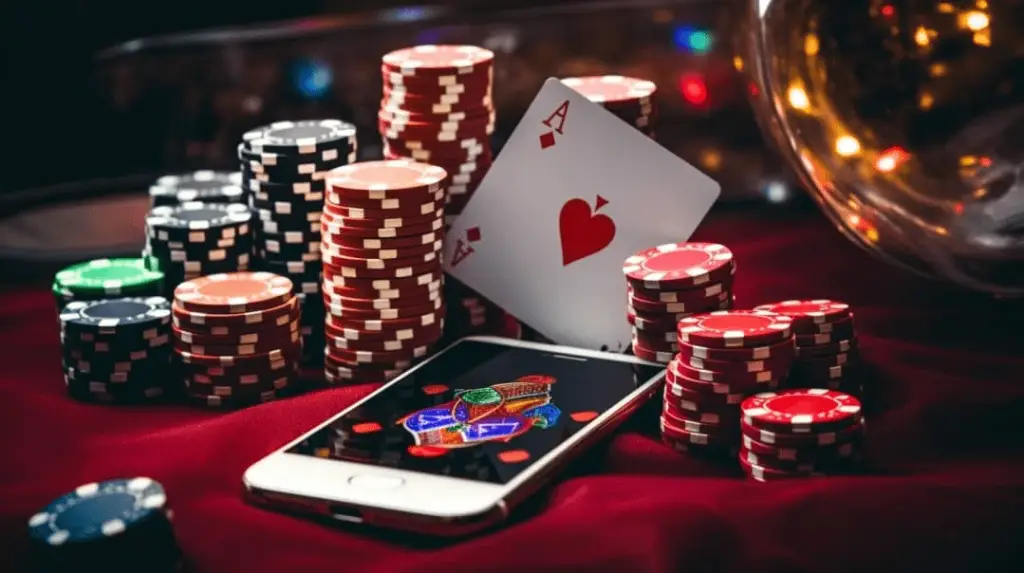 Understanding what a casino advantage is doesn’t reduce the excitement, but rather moves the game from the realm of illusion to the realm of calculation. The establishment doesn’t cheat; it uses the domain of probability. A player who knows math doesn’t avoid risks, but rather manages them. Gambling without understanding is the price of ignorance.
Understanding what a casino advantage is doesn’t reduce the excitement, but rather moves the game from the realm of illusion to the realm of calculation. The establishment doesn’t cheat; it uses the domain of probability. A player who knows math doesn’t avoid risks, but rather manages them. Gambling without understanding is the price of ignorance.

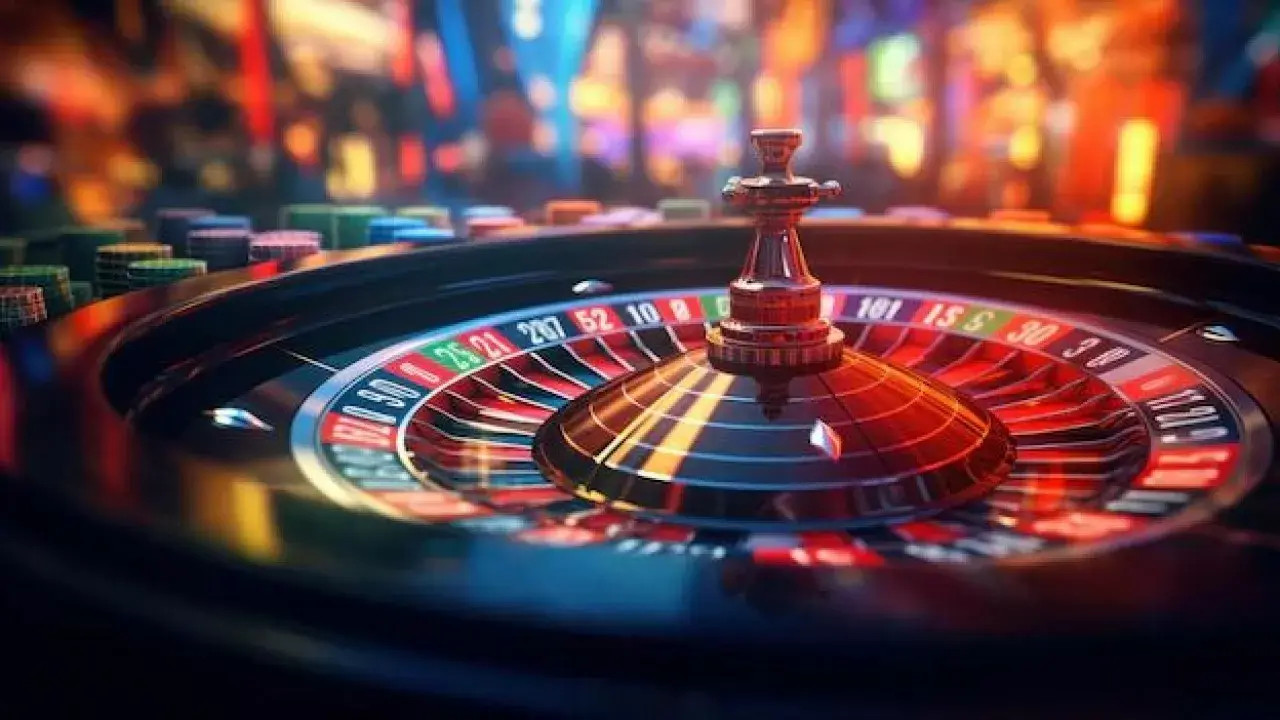
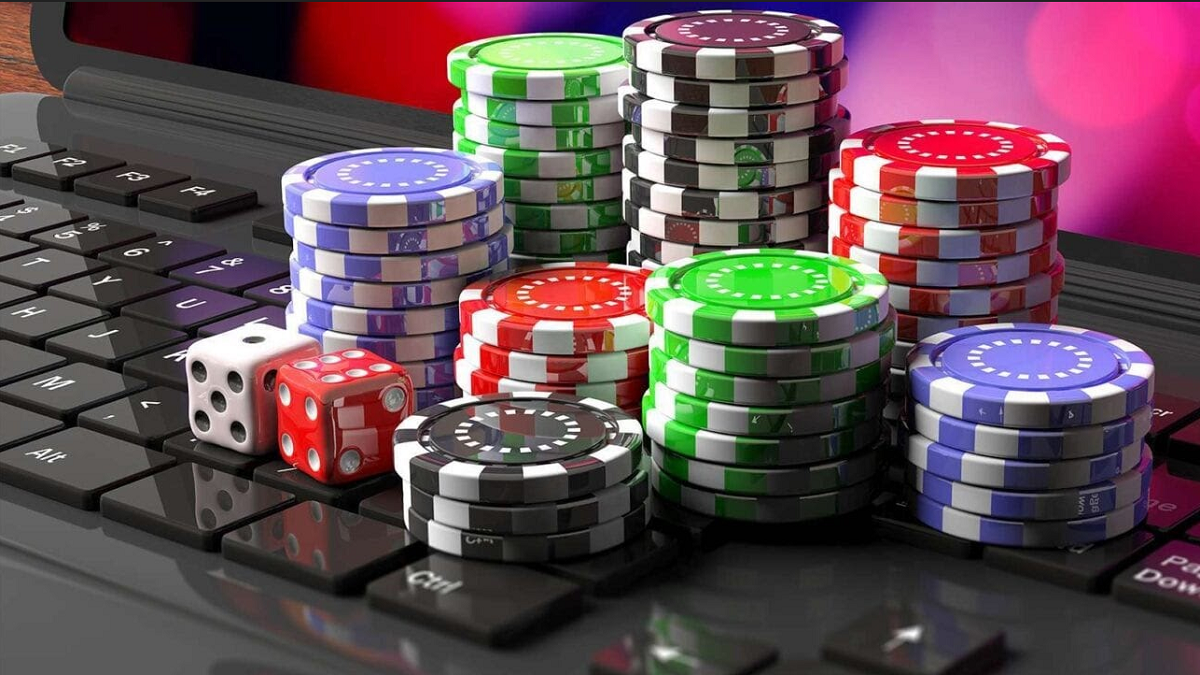
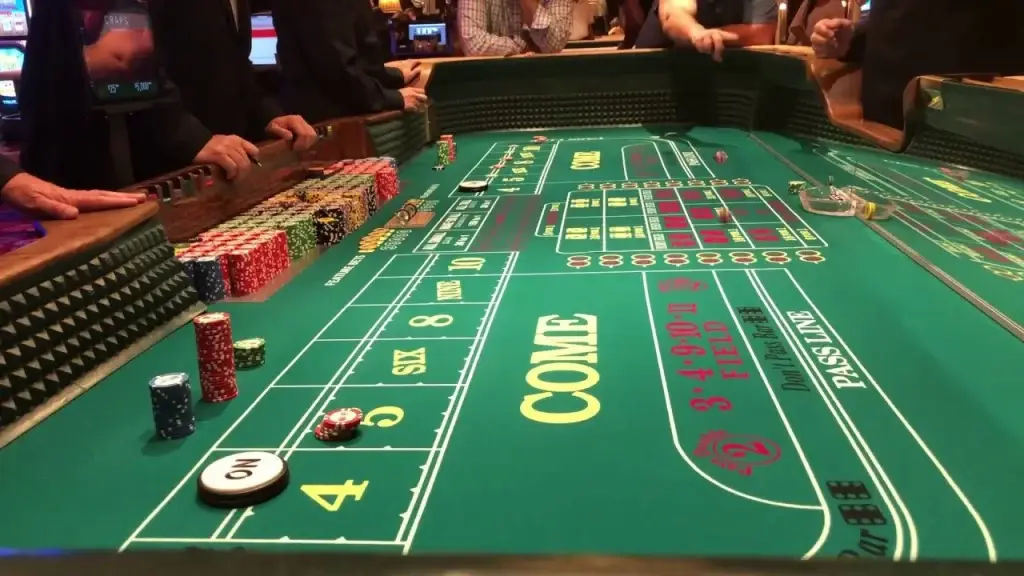 The advantages of this format include:
The advantages of this format include: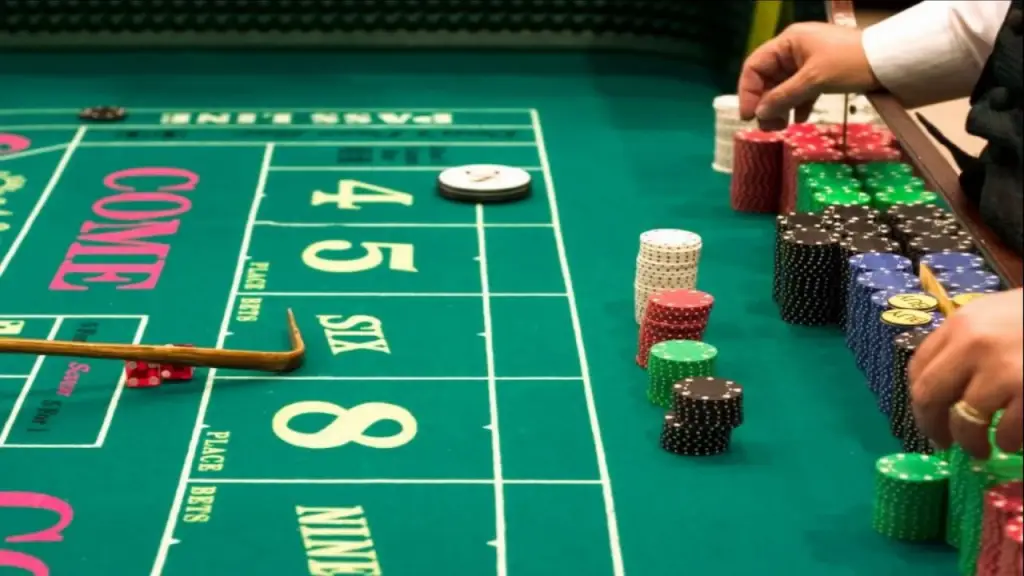 Free Dice is a convenient way to learn and test your strategy without financial risk. The advantages of playing craps without registration are obvious: accessibility, security, and the opportunity to learn and test tactics. It’s important to understand the disadvantages of free formats: lack of real bets and limited functionality. For those looking to take things to a more serious level and play for real money, demo play is an excellent preparation.
Free Dice is a convenient way to learn and test your strategy without financial risk. The advantages of playing craps without registration are obvious: accessibility, security, and the opportunity to learn and test tactics. It’s important to understand the disadvantages of free formats: lack of real bets and limited functionality. For those looking to take things to a more serious level and play for real money, demo play is an excellent preparation.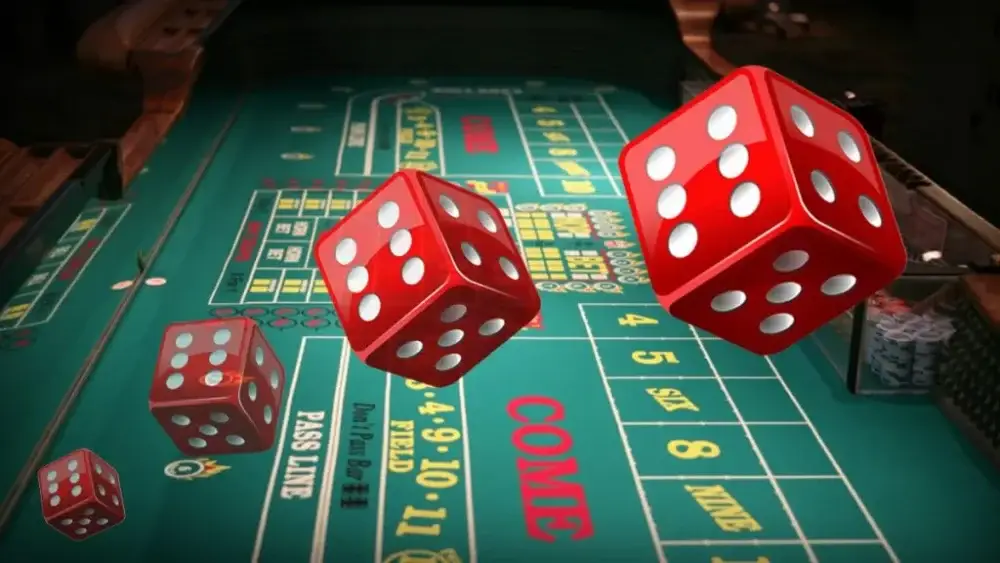
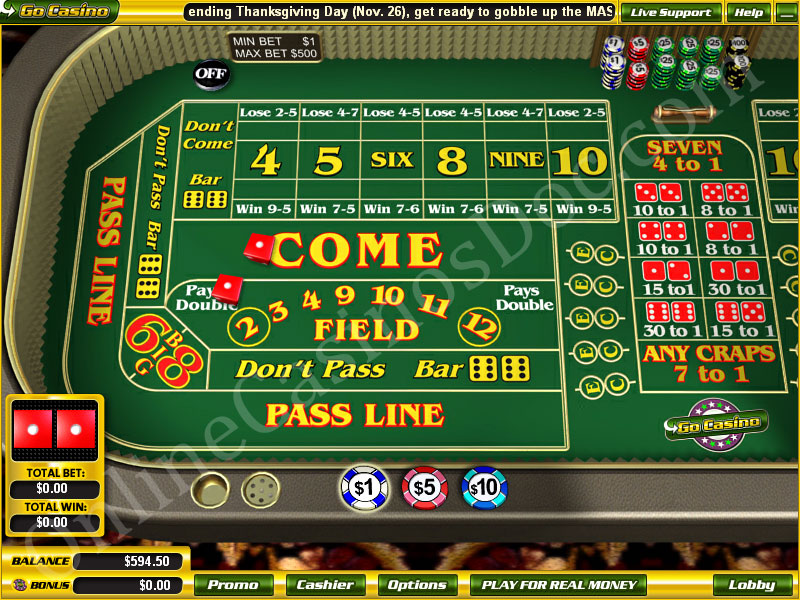 The process starts with two dice, as if you’re pressing the “fortune” button in a virtual world of gambling. The first throw determines the direction of your fate. If you roll a seven or an eleven, you’re in luck. However, if you roll a two, a three, or a twelve, you’ll receive a craps, and your bet will be lost.
The process starts with two dice, as if you’re pressing the “fortune” button in a virtual world of gambling. The first throw determines the direction of your fate. If you roll a seven or an eleven, you’re in luck. However, if you roll a two, a three, or a twelve, you’ll receive a craps, and your bet will be lost.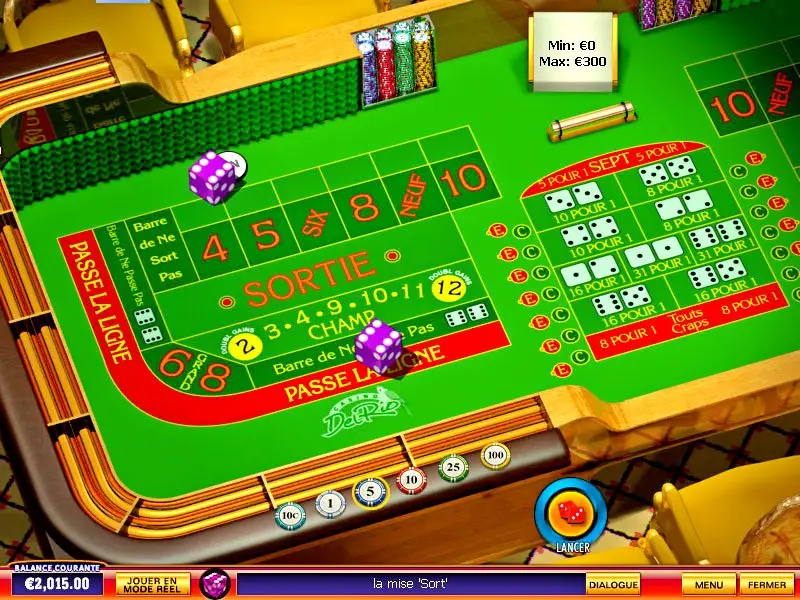 In online casinos, understanding the rules of craps helps you to effectively adapt to one of the most exciting formats with live mechanics. Despite its apparent complexity, the basics are quickly mastered. All you need to do is choose the right bet, understand the probabilities, and apply calculated strategies. The online format of craps makes the process more flexible and comfortable, making it accessible to beginners and engaging for experienced players.
In online casinos, understanding the rules of craps helps you to effectively adapt to one of the most exciting formats with live mechanics. Despite its apparent complexity, the basics are quickly mastered. All you need to do is choose the right bet, understand the probabilities, and apply calculated strategies. The online format of craps makes the process more flexible and comfortable, making it accessible to beginners and engaging for experienced players.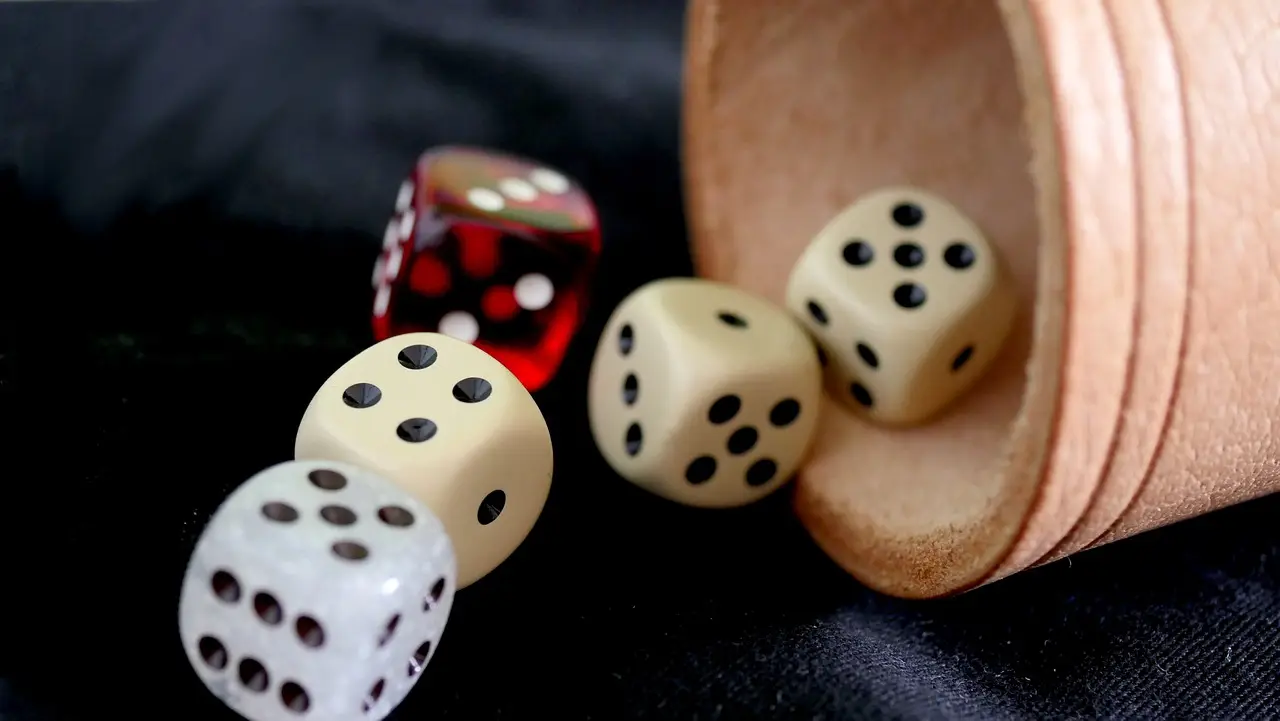
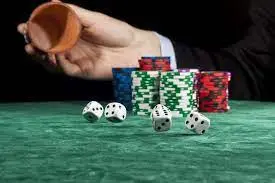 Before developing a dice strategy, it’s important to understand the types of decisions you can make. Some bets offer large payouts but a high probability of losing, while others have smaller rewards but guarantee more attractive odds of success.
Before developing a dice strategy, it’s important to understand the types of decisions you can make. Some bets offer large payouts but a high probability of losing, while others have smaller rewards but guarantee more attractive odds of success.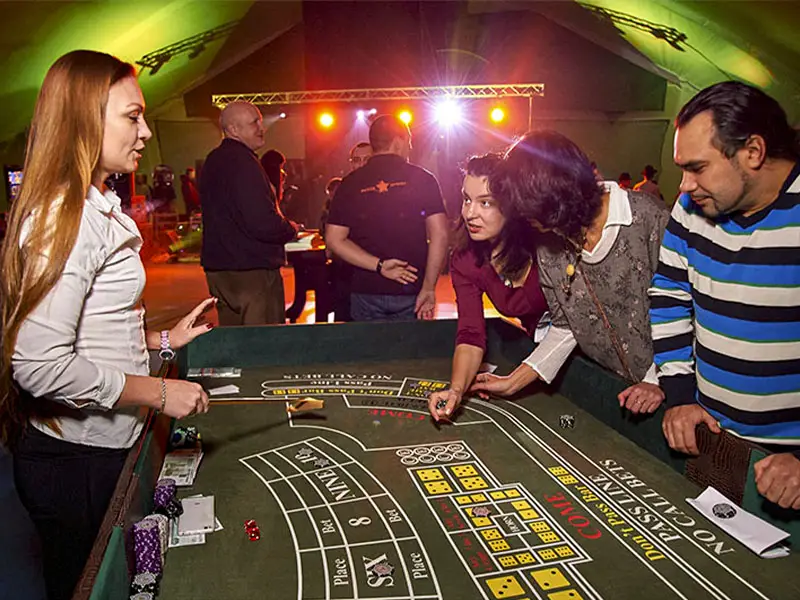 Crap strategy is the carefully considered steps that increase your chances of winning. By using simple and advanced betting methods, players can take control of the situation and minimize risks. Combining different tactics with bankroll management and knowledge of the odds is the key to success. Each approach has its own characteristics and can be tailored to the needs of the player, whether a beginner or an experienced player. When choosing a strategy, it’s important to consider your own goals, skill level, and understanding of the game.
Crap strategy is the carefully considered steps that increase your chances of winning. By using simple and advanced betting methods, players can take control of the situation and minimize risks. Combining different tactics with bankroll management and knowledge of the odds is the key to success. Each approach has its own characteristics and can be tailored to the needs of the player, whether a beginner or an experienced player. When choosing a strategy, it’s important to consider your own goals, skill level, and understanding of the game.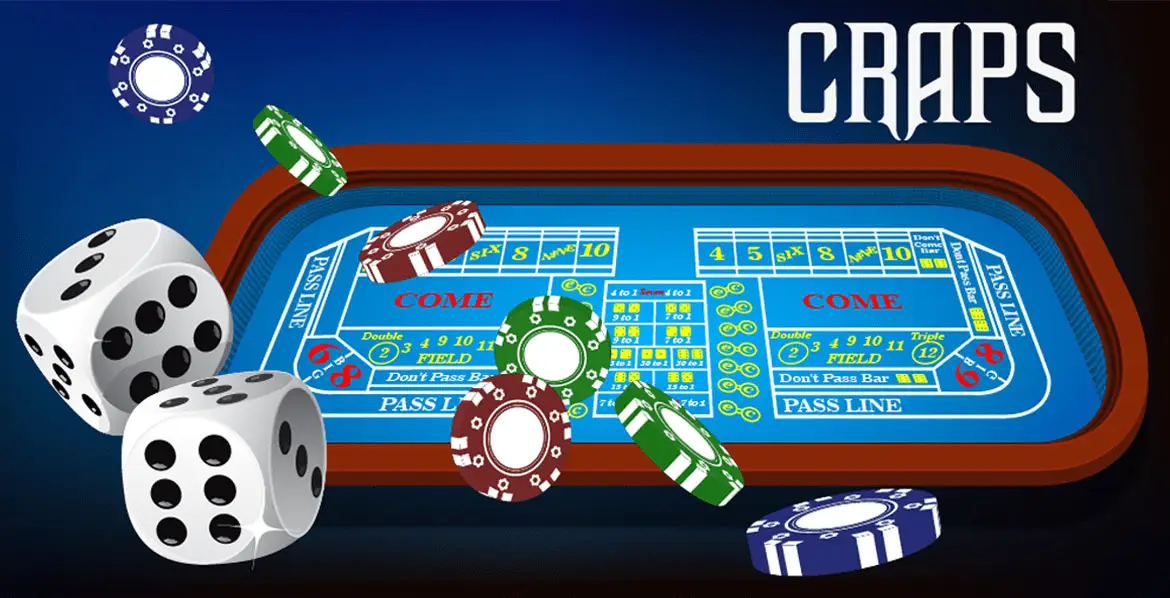
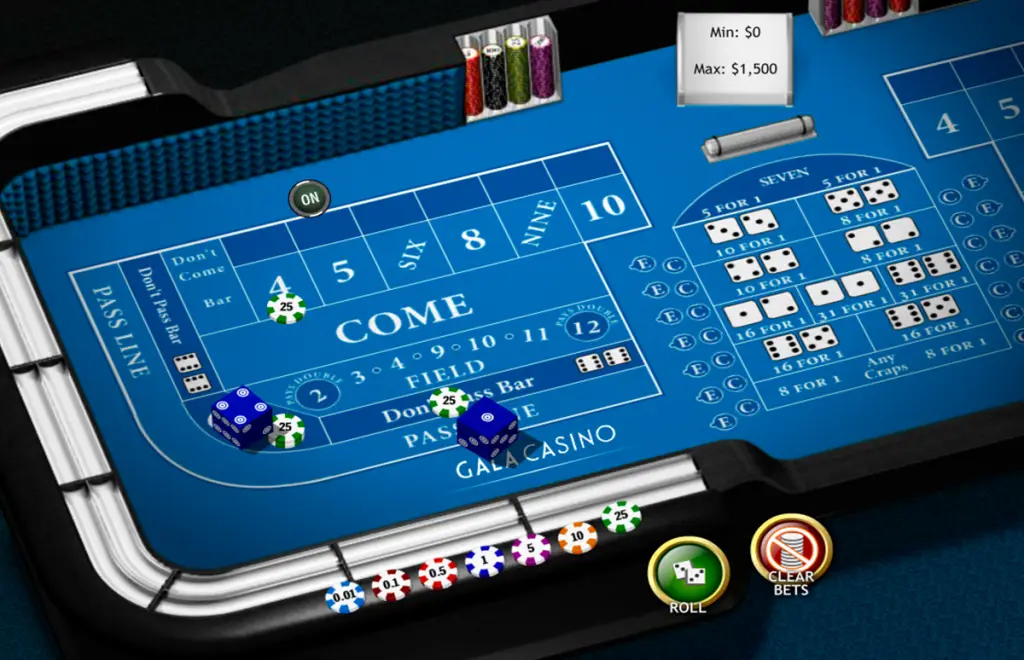 To play with an exit, you need to make calculations with the exit of the casino.
To play with an exit, you need to make calculations with the exit of the casino.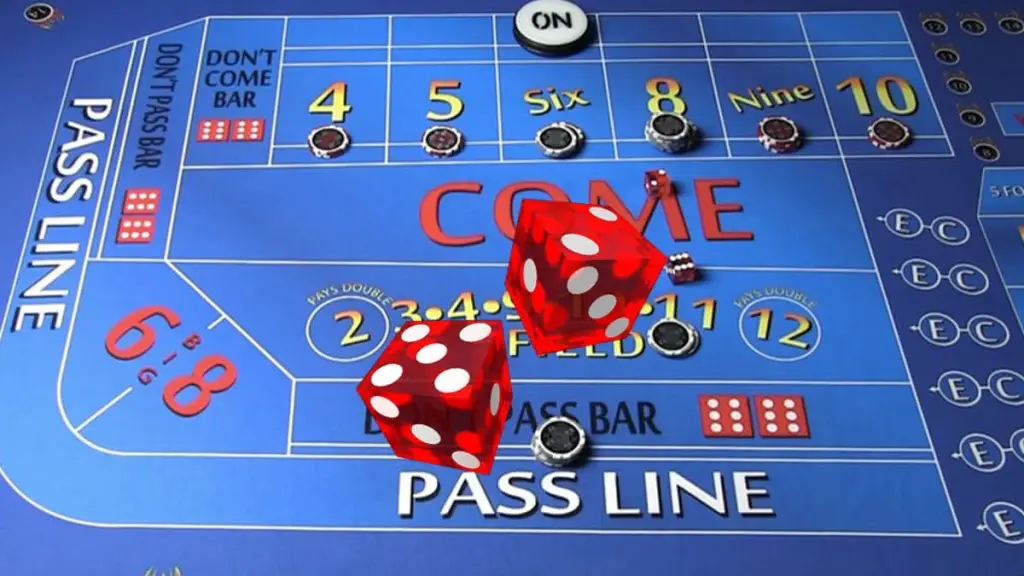 Craps remains one of the most exciting entertainments, combining luck and tactics. Using effective strategies, such as betting on the pass line, betting on the come and betting on the odds in craps, allows you to minimize the risk and increase the likelihood of winning. Controlling your bankroll and choosing bets with a low house edge are key principles for successful play.
Craps remains one of the most exciting entertainments, combining luck and tactics. Using effective strategies, such as betting on the pass line, betting on the come and betting on the odds in craps, allows you to minimize the risk and increase the likelihood of winning. Controlling your bankroll and choosing bets with a low house edge are key principles for successful play.
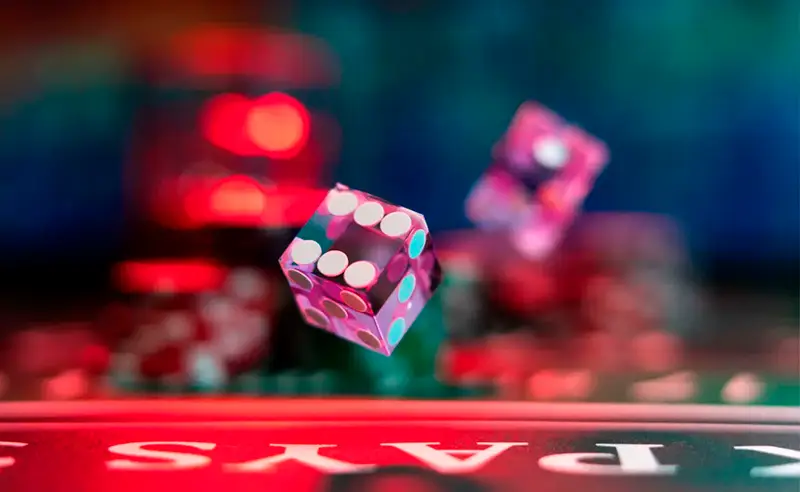
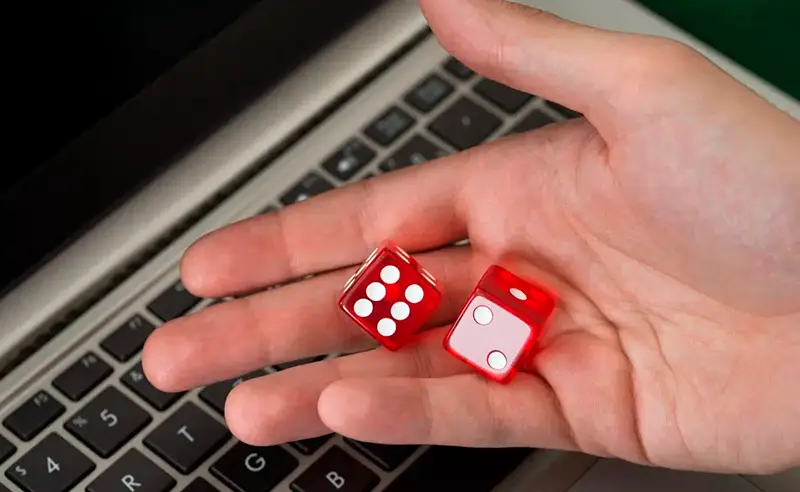

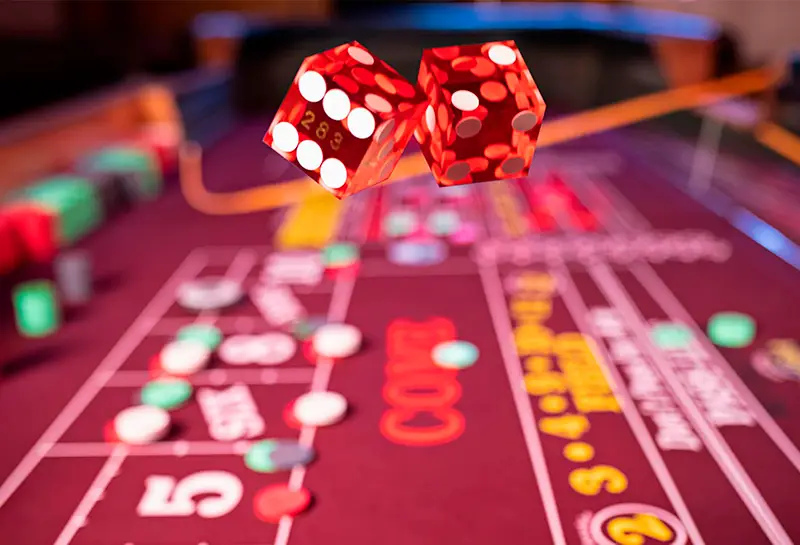
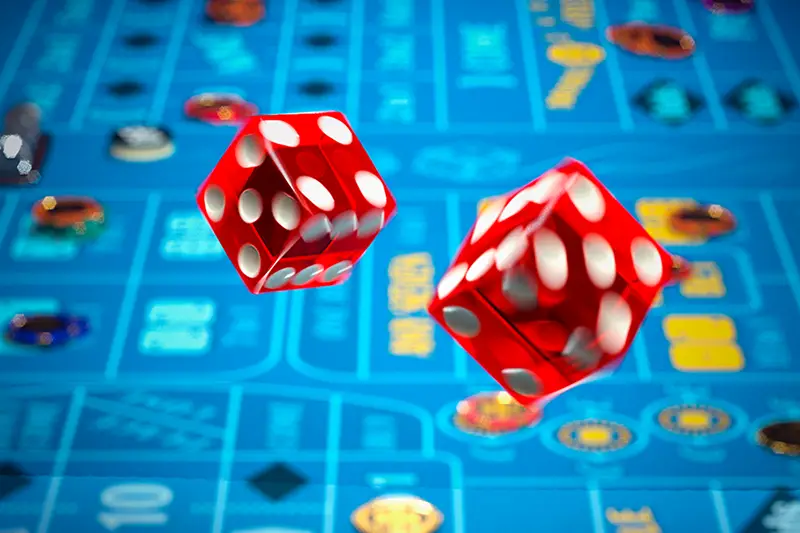

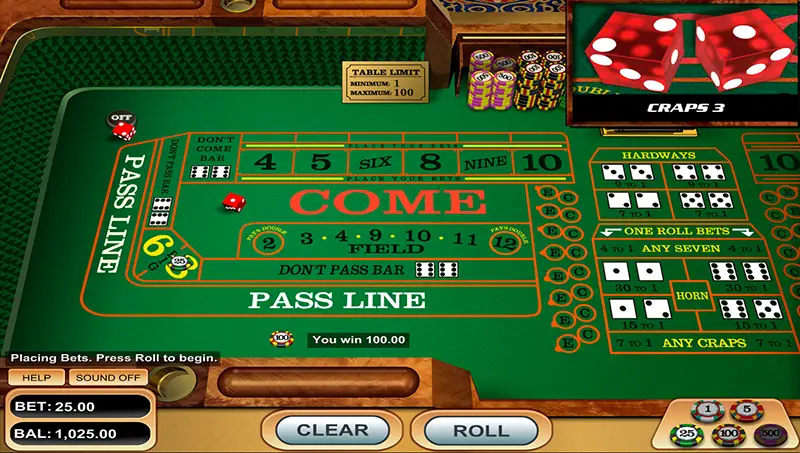
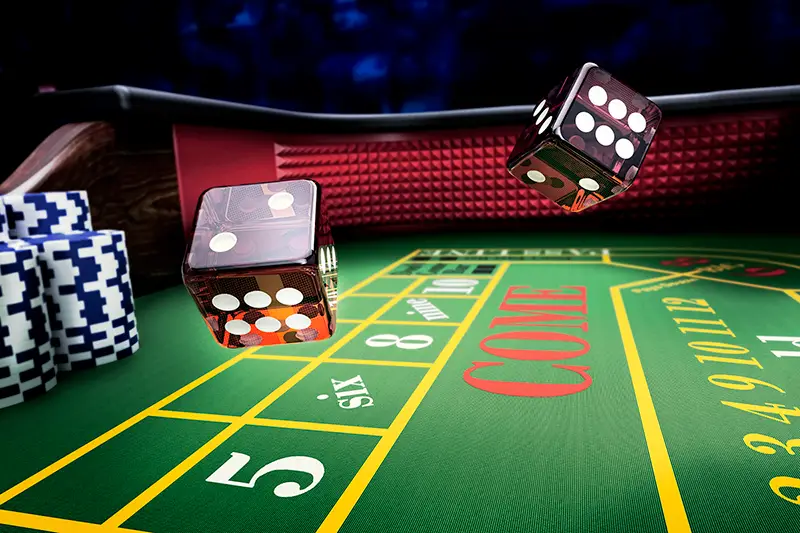
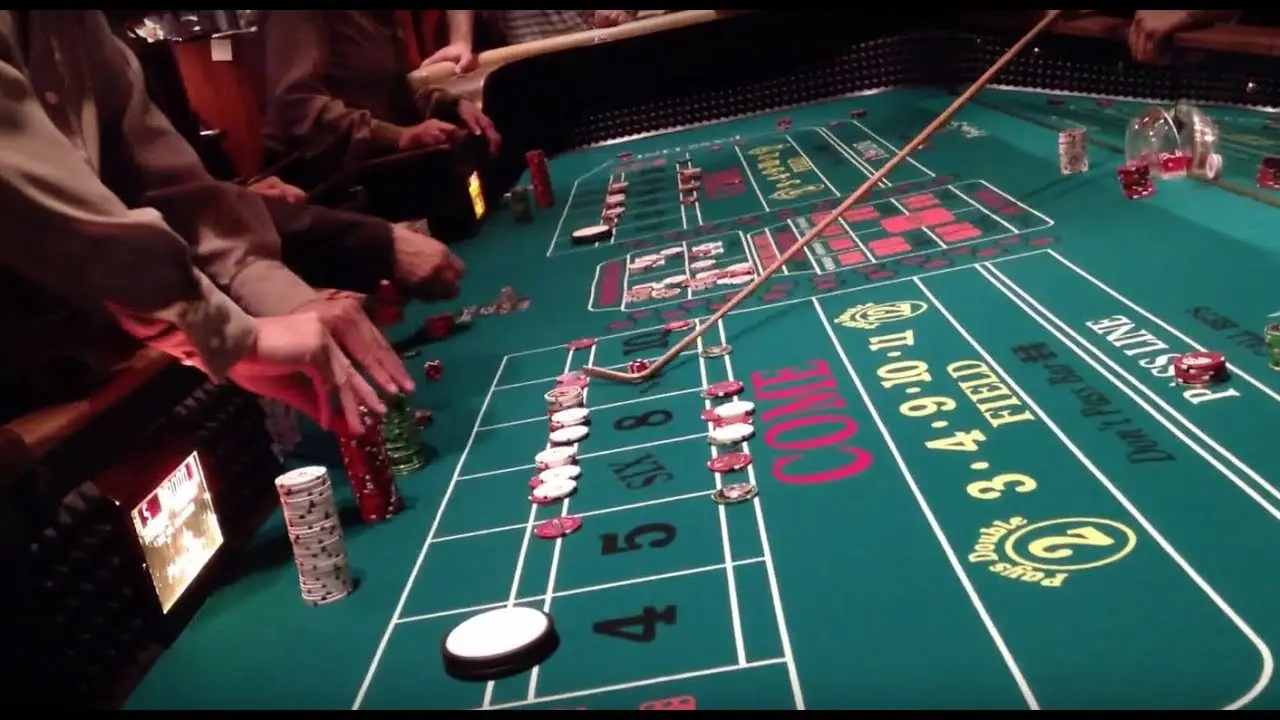
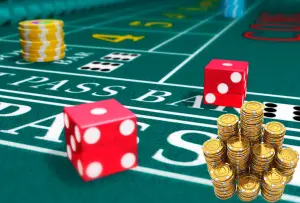 Online craps begins with the placement of the initial bet by the player. The virtual shooter throws two dice, the result of which determines the outcome of the current round. For beginners, it is best to bet on Pass and Don’t Pass Line, as they are characterised by simple rules and a relatively high probability of winning.
Online craps begins with the placement of the initial bet by the player. The virtual shooter throws two dice, the result of which determines the outcome of the current round. For beginners, it is best to bet on Pass and Don’t Pass Line, as they are characterised by simple rules and a relatively high probability of winning.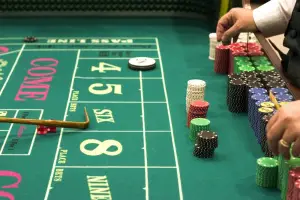 Successfully mastering the rules of craps for beginners requires patience and a constant approach to learning. It is important to remember that each roll of the dice is completely independent of previous results, and that the mathematical advantage is always on the side of the casino. Competent application of basic strategies and strict control of bet sizes can make the game more predictable and exciting. At the same time, you should consider craps only as a form of entertainment, without expecting stable income.
Successfully mastering the rules of craps for beginners requires patience and a constant approach to learning. It is important to remember that each roll of the dice is completely independent of previous results, and that the mathematical advantage is always on the side of the casino. Competent application of basic strategies and strict control of bet sizes can make the game more predictable and exciting. At the same time, you should consider craps only as a form of entertainment, without expecting stable income.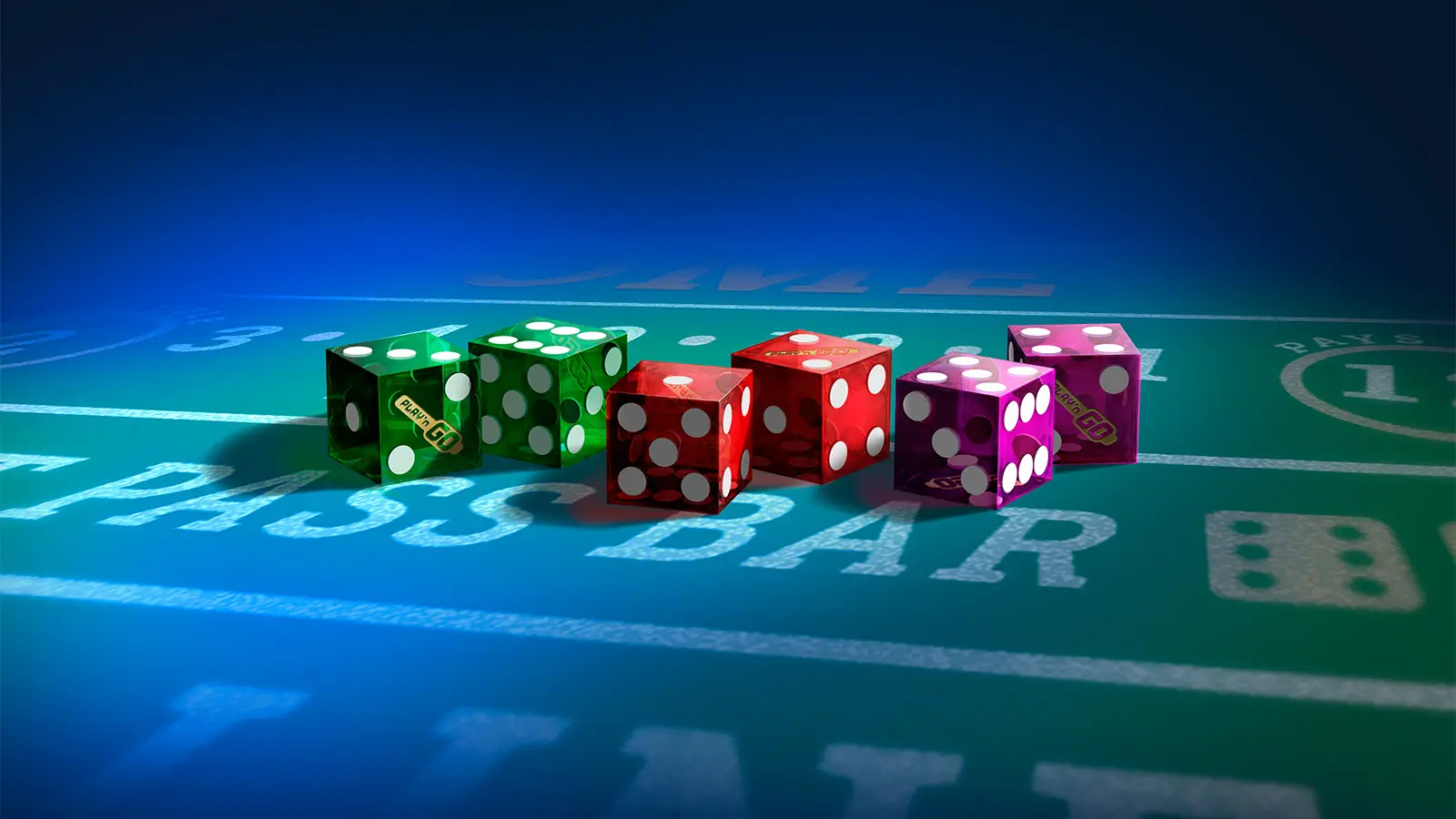
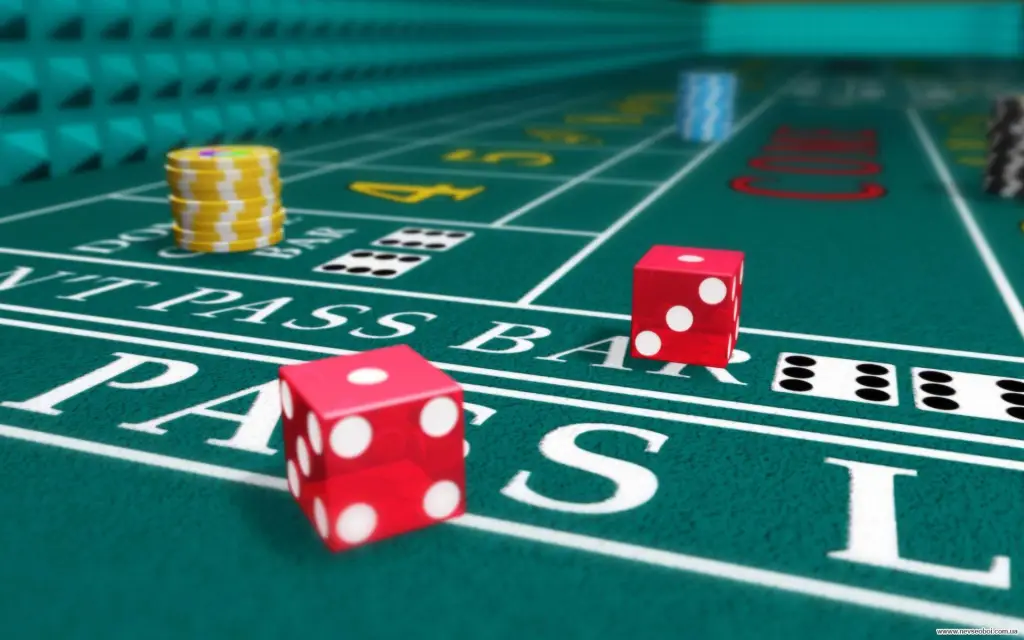 To understand the mechanics, you must first understand the basic rules. The session begins with a Come Out Roll. Its main purpose is to establish a point, which determines the next steps. If a 7 or 11 is rolled, the participant wins immediately. If a 2, 3 or 12 is rolled, a Crap Out occurs and the player loses. In other cases, the number becomes a point, and the person continues to roll until that point or 7 is rolled.
To understand the mechanics, you must first understand the basic rules. The session begins with a Come Out Roll. Its main purpose is to establish a point, which determines the next steps. If a 7 or 11 is rolled, the participant wins immediately. If a 2, 3 or 12 is rolled, a Crap Out occurs and the player loses. In other cases, the number becomes a point, and the person continues to roll until that point or 7 is rolled.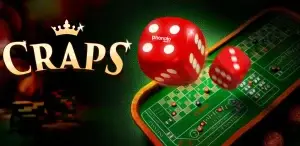 Craps is a board game where luck meets skill. By understanding the odds and applying the right strategies, you can increase your chances of winning. But remember that even the most experienced player is not immune to surprises.
Craps is a board game where luck meets skill. By understanding the odds and applying the right strategies, you can increase your chances of winning. But remember that even the most experienced player is not immune to surprises.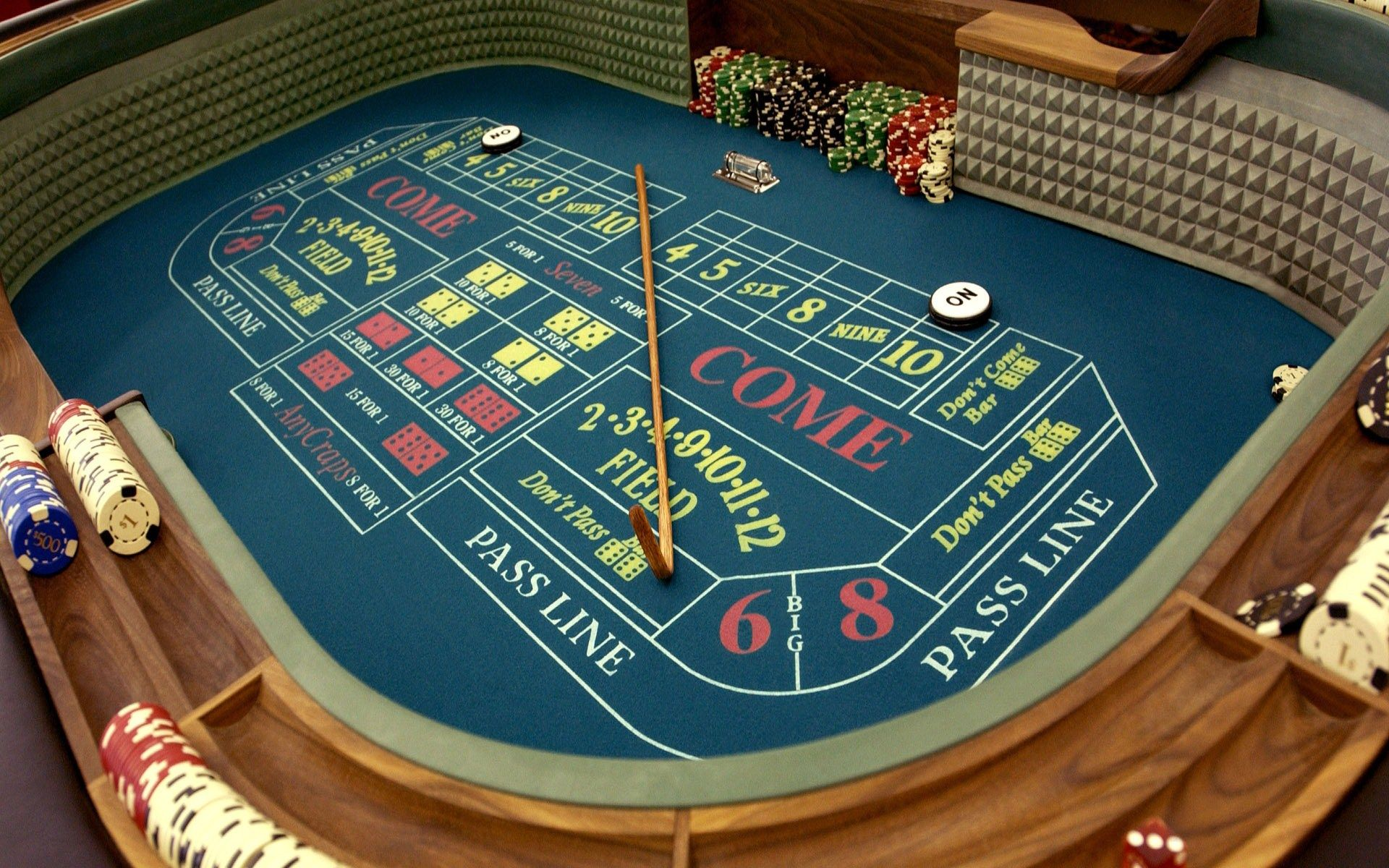
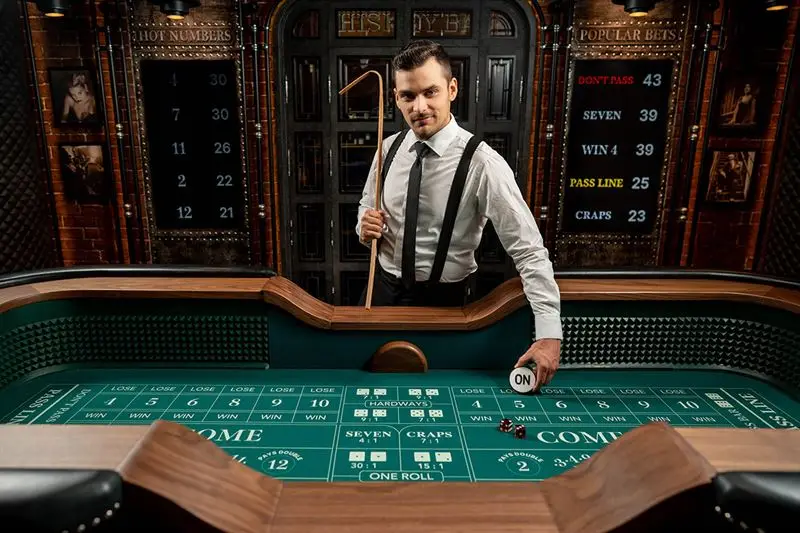 Unlike offline games, where the outcome of a dice roll depends on the skill of the player, in the online version the outcome is completely controlled by a random number generator. This technology is based on algorithms that use millions of combinations per second. Each new bet is completely unique and independent of previous events, with a mathematical probability of winning of around 49.29% for Pass Line calculations and around 50.71% for Don’t Pass Line. The strict mathematics and the HCS significantly reduce any possibility of manipulating the outcome. Consequently, the question of whether it is possible to cheat at online casino craps is unpromising.
Unlike offline games, where the outcome of a dice roll depends on the skill of the player, in the online version the outcome is completely controlled by a random number generator. This technology is based on algorithms that use millions of combinations per second. Each new bet is completely unique and independent of previous events, with a mathematical probability of winning of around 49.29% for Pass Line calculations and around 50.71% for Don’t Pass Line. The strict mathematics and the HCS significantly reduce any possibility of manipulating the outcome. Consequently, the question of whether it is possible to cheat at online casino craps is unpromising. So, is it possible to cheat an online casino at craps? The idea seems tempting, but reality dictates its own rules. Modern platforms use powerful software solutions, including certified random number generators (RNGs) from well-known providers Microgaming, Playtech and NetEnt, which renders any dishonest stratagems ineffective. In addition, leading gaming portals PokerStars, 888casino and BitStarz are constantly improving their security systems, quickly detecting any suspicious activity.
So, is it possible to cheat an online casino at craps? The idea seems tempting, but reality dictates its own rules. Modern platforms use powerful software solutions, including certified random number generators (RNGs) from well-known providers Microgaming, Playtech and NetEnt, which renders any dishonest stratagems ineffective. In addition, leading gaming portals PokerStars, 888casino and BitStarz are constantly improving their security systems, quickly detecting any suspicious activity.





